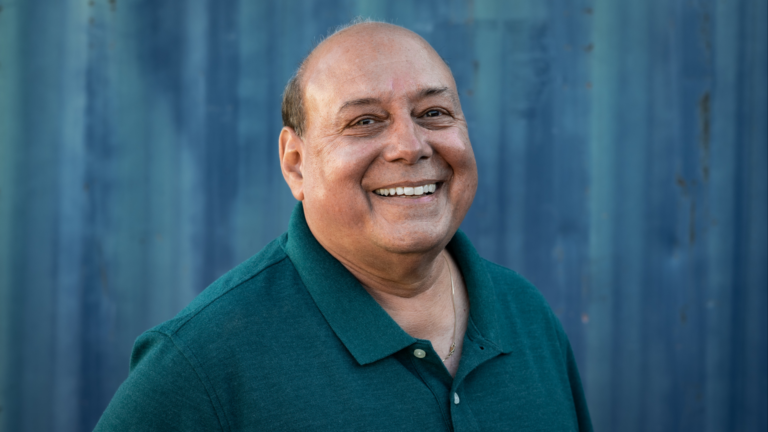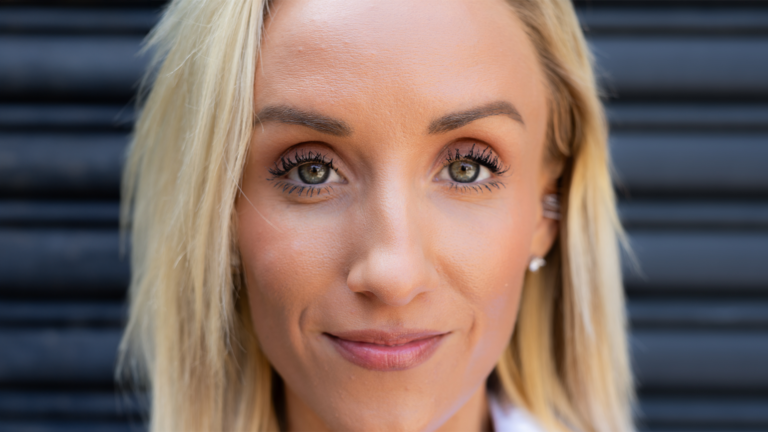This week’s conversation is with Raja Dhir, the Co-Founder and Co-CEO of Seed Health, a microbial sciences company pioneering applications of bacteria to impact human and environmental health.
Now some of you may already be familiar with what the microbiome is but for those who aren’t, I’ll share a brief summary of it via Harvard’s School of Public Health.
Picture a bustling city on a weekday morning, the sidewalks flooded with people rushing to get to work or to appointments. Now imagine this at a microscopic level and you have an idea of what the microbiome looks like inside our bodies, consisting of trillions of microorganisms (also called microbiota or microbes) of thousands of different species.
These include not only bacteria but fungi, parasites, and viruses. In a healthy person, these “bugs” coexist peacefully, with the largest numbers found in the small and large intestines but also throughout the body.
The microbiome is even labeled a supporting organ because it plays so many key roles in promoting the smooth daily operations of the human body.
Each person has an entirely unique network of microbiota that is originally determined by one’s DNA.
A person is first exposed to microorganisms as an infant, during delivery in the birth canal and through the mother’s breast milk.
Exactly which microorganisms the infant is exposed to depends solely on the species found in the mother. Later on, environmental exposures and diet can change one’s microbiome to be either beneficial to health or place one at greater risk for disease.
The microbiome consists of microbes that are both helpful and potentially harmful. Most are symbiotic (where both the human body and microbiota benefit) and some, in smaller numbers, are pathogenic (promoting disease). In a healthy body, pathogenic and symbiotic microbiota coexist without problems.
But if there is a disturbance in that balance—brought on by infectious illnesses, certain diets, or the prolonged use of antibiotics or other bacteria-destroying medications—dysbiosis occurs, stopping these normal interactions.
As a result, the body may become more susceptible to disease.
And so this is where Raja’s company, Seed comes into play.
Seed partners with leading scientists to translate breakthrough science into live biotherapeutics and innovations for consumer health with a portfolio targeting conditions where bacteria can become or replace the primary standard of care.
Seed, develops scientifically-validated, next-generation probiotics with a mission to bring much-needed precision, efficacy, and education to the global probiotics market.
Raja believes the magic happens at the intersection of technology, systems biology, and translational science.
He’s got a unique way of thinking and follows those thoughts with action.
And that’s what this conversation is really about— how to take an idea powerful enough to change the world for the better and make it a reality?
“We’re more than our genes, we’re more than our dietary inputs. Identical twins could, for the most part, go through life the exact same way and still have very different outcomes based on these organisms that cohabitate with us.”
In This Episode:
- How his mom and dad’s different upbringings shaped him
- He became one of the top debaters in the country and that paved the way for him to go to college
- He walked the line between confidence and arrogance in his high school days and that ended up shaping his view on failure
- Becoming obsessed with biology and more specifically the microbiome
- Deciding he wanted to create a business focused on the microbiome
- His first step to starting the business: learning about the microbiome via passive, then active learning
- The difference between those two forms of learning and why that matters
- His next step in starting the business: develop relationships with experts in the field
- Why it’s critical to pressure test your ideas with others and not be afraid your “ideas” will get stolen
- Does he consider himself more of an entrepreneur or an science investigator?
- His worldview: there’s a way to create meaning and purpose that is more customizable than an out of the box solution
- His issue with “specieism”
- What the microbiome is comprised of and the way it impacts the human body from day one
- What people may not realize about how digestion effects your quality of life
- His tips for how to improve the day-to-day quality of your life: cold therapy, nutrition, and digital detox


